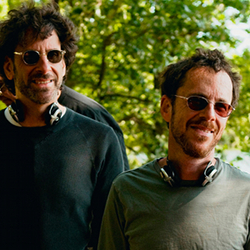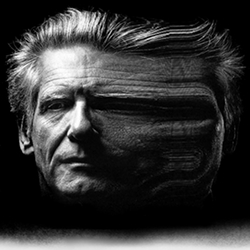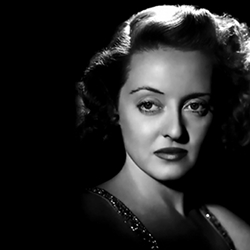
Made in Canada Review: The Dirties (2013)

Cast: Matthew Johnson, Owen Williams, Krista Madison
Director: Matthew Johnson
Country: Canada
Genre: Drama
Official Site: Here
Editor’s Notes: The Dirties opens in limited release this Friday, October 4th.
It’s funny how filmmakers return time and time and time again to the found footage format, no matter the critical revulsion that greets it. It’s that lingering promise of reality; despite how popular the device has become—particularly in the horror genre—its potential to present the world as lived offers to shatter the protective illusion of cinema and confront the terror of life head-on. How interesting, then, that Matt Johnson chooses this format to present The Dirties, a dramedy centred on two bullied teens as they meticulously plan a school shooting and, if not a horror in the sense we’re accustomed to meeting via handheld home video, certainly a film rooted in the bewildering terror of an increasingly prevalent occurrence.
To focus extensively on the formal boldness represented by Johnson’s choice of shooting style is perhaps to misrepresent his tonal ambition.

To focus extensively on the formal boldness represented by Johnson’s choice of shooting style is perhaps to misrepresent his tonal ambition. The screenplay, co-written by Evan Morgan, takes a terrific leap of faith in telling this story primarily through comedy, a move perhaps every bit as risqué as presenting this as a “real” film. How could anyone be made to laugh as they witness the lead-up to the latest Columbine? The film’s finest achievement, undoubtedly, is in providing a simple answer: quite a lot. Johnson and Morgan have crafted a handsome piece of comic writing here, deftly shuffling between pastiche and potty humour with their meta-referential scenes as the movie’s main characters pay homage to the iconic scenes from the films that plaster their walls.
Those characters are the crux of the film, and the extent to which it works is that to which their relationship works. Again playfully denying the layers of reality that constitute this fiction, Johnson and Owen Williams play “themselves”, reinforcing the façade of factuality so crucial to our investment. Theirs is a naturalistic interplay that never calls into question the issue of performance: from the very first scene we buy that these are two guys who depend mutually on each other’s friendship. It’s that sense of camaraderie—almost inviting us, with the depth of inside jokes, to a camera-derie of sorts—that allows the bumpier aspects of the script to be passed off as interpersonal eccentricities. When a gag fails to land, or finds itself overwrought, it plays like the strange operation of this intimate clique of two.
Yet how, given a pairing so evidently insular, do we come to terms with the two handheld cameras that offer perspective to each scene, often in the dead of night at quiet individual moments.
Yet how, given a pairing so evidently insular, do we come to terms with the two handheld cameras that offer perspective to each scene, often in the dead of night at quiet individual moments. Only once in the course of the film are the cameramen seen, only thrice does either speak: how can it be that these people so passively record such unsettling conversations? It’s here, and in the presence of a score, that the film’s carefully constructed reality collapses: it becomes unreal, and therein ineffective. That such qualms, arguably minor quibbles, should become so pronounced at all is indicative of underlying issues: were the film more consistently engaging, it might better manage to mask its background flaws.
There’s a point in the class project from which the in-film Matt and Owen’s documentary eventually emerges where a character mentions a club called “The Rectum” before turning to the camera to clarify that as a reference to Irreversible. Movies permeate this movie about a movie, from the poster-covered walls of Matt’s basement to the quotes jokingly reappropriated along the way. Is this The Dirties’ point, that violence’s seeming cultural cache has romanticised the actions to which its characters gravitate? It’s hard to be sure, not least of all because the film itself isn’t. However well its actors work to build a relationship in which we invest, they’re trading in themes that need to be addressed. It’s not enough for the movie to work: it has to work toward something. By the time its (troubled) ending arrives, The Dirties has talked a lot about this matter, but never really said anything. It’s provocative without purpose, involving itself in an issue without ever engaging.
Related Posts
![]()
Ronan Doyle
![]()
Latest posts by Ronan Doyle (see all)




























